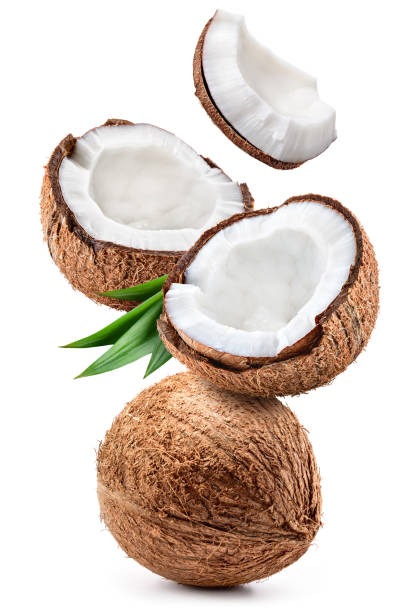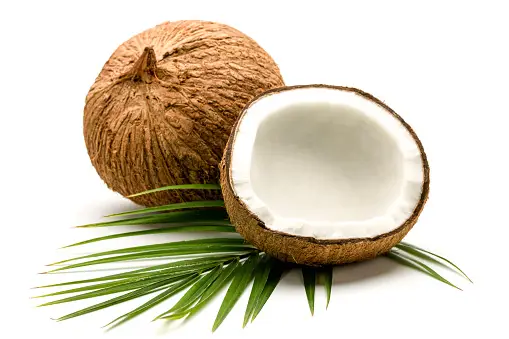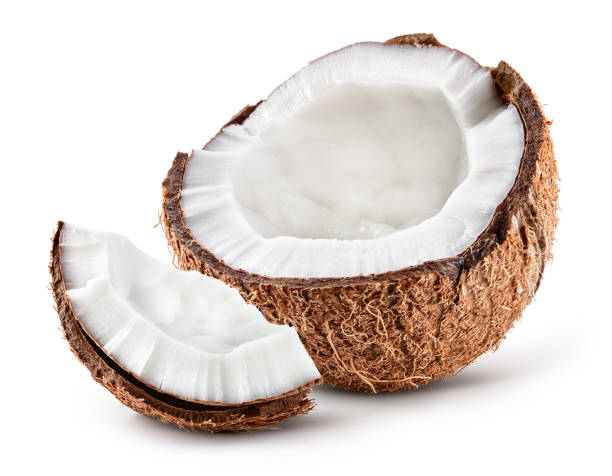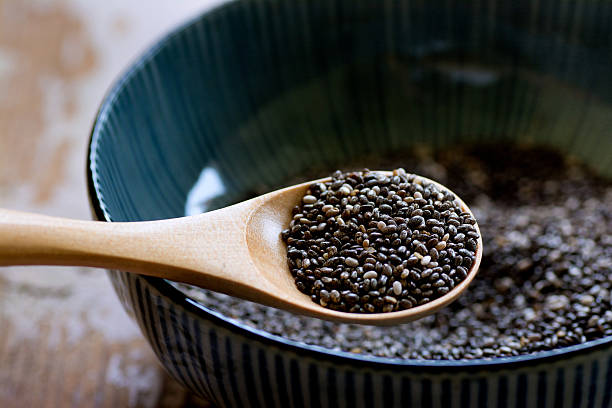Coconut, often regarded as a tropical delight, not only adds flavor and texture to various dishes but also offers a wealth of nutritional benefits. From its meat to its water and oil, every part of the coconut is packed with essential nutrients that contribute to overall health and well-being.

One of the most notable nutritional components of coconut is its healthy fat content. The meat of the coconut is rich in medium-chain triglycerides (MCTs), a type of saturated fat that is metabolized differently in the body compared to long-chain fatty acids. MCTs are easily absorbed and converted into energy, making coconut a valuable source of quick fuel for the body and brain. Additionally, the fat in coconut may support heart health by raising levels of HDL (good) cholesterol and improving cholesterol ratios.
Moreover, coconut meat is a good source of dietary fiber, providing both soluble and insoluble fibers that support digestive health. Fiber aids in digestion, promotes feelings of fullness, and helps regulate blood sugar levels. Including coconut in one’s diet can contribute to a healthy gut microbiome and may assist in weight management and the prevention of constipation.

Coconut water, the clear liquid found inside young coconuts, is another nutritional powerhouse. It is naturally rich in electrolytes such as potassium, magnesium, and sodium, making it an excellent choice for rehydration after physical activity or during periods of dehydration. Coconut water is also low in calories and sugar, making it a refreshing and hydrating alternative to sugary sports drinks or sodas.

Furthermore, coconut oil, derived from the meat of mature coconuts, has gained popularity for its various health benefits. It is predominantly composed of saturated fats, primarily lauric acid, which has antimicrobial and anti-inflammatory properties. Coconut oil is also heat-stable, making it suitable for cooking at high temperatures without oxidizing and forming harmful compounds. Additionally, some studies suggest that the medium-chain fatty acids in coconut oil may boost metabolism and promote weight loss when consumed as part of a balanced diet.

Coconut is also a good source of vitamins and minerals, including vitamin C, vitamin E, iron, and zinc. These nutrients play essential roles in immune function, skin health, and overall well-being. Additionally, coconut contains antioxidants, such as phenolic compounds, which help protect cells from damage caused by free radicals and oxidative stress.

In conclusion, coconut is a versatile and nutrient-dense food that offers a range of health benefits. Whether enjoyed fresh, as coconut water, coconut meat, or coconut oil, this tropical fruit provides essential nutrients, healthy fats, and hydration support. Incorporating coconut into a balanced diet can contribute to overall health and well-being, making it a valuable addition to any culinary repertoire.




